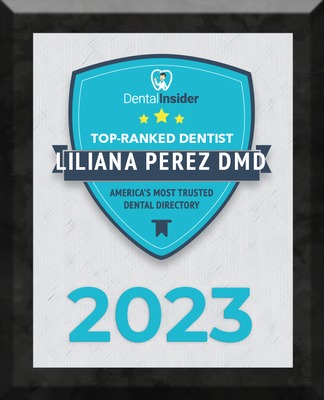
Pelican Dental Care’s Guide to Gum Therapy & Membership Savings
What is gum disease?
Gum disease, also known as periodontal disease, is a bacterial infection that affects
the gums and surrounding tissues. It begins with plaque buildup
on
the
teeth
and,
if left untreated, can progress to serious infections,
causing
damage
to
the bone
supporting your teeth.
What are the early signs of gum disease?
Early signs of gum disease often include:
- Red, swollen, or tender gums
- Bleeding gums during brushing or flossing
- Persistent bad breath (halitosis)
- Gums that are pulling away from your teeth (receding gums)
- Changes in the way your teeth fit together when you bite
What causes periodontal disease?
The primary cause of periodontal disease is the buildup of plaque—a sticky film of
bacteria that forms on your teeth. If not removed through regular
brushing
and
flossing,
plaque hardens into tartar, which can irritate
and infect
the
gums,
leading to gingivitis
and eventually periodontitis.
How is gingivitis different from periodontitis?
Gingivitis:
The earliest stage of gum disease, characterized by inflammation of the gums without
affecting the bone or tissues. It can often be reversed with good
oral hygiene.
Periodontitis:
A more advanced form of gum disease where the infection spreads below the gum line,
damaging the bone and tissues that support the teeth. If left
untreated,
it
can
lead
to tooth loss.
Can gum disease be reversed?
Gingivitis, the mildest form of gum disease, can be reversed with proper oral hygiene,
professional cleanings, and early intervention. Once it progresses
to
periodontitis,
it can be managed but not fully reversed. However,
treatment
can prevent
further
damage and restore your oral health.
How can I prevent gum disease?
Preventing gum disease requires:
- Daily brushing and flossing to remove plaque
- Regular professional dental cleanings and check-ups
- A healthy diet that supports gum health
- Avoiding smoking and tobacco products, which can increase your risk
What treatments are available for gum disease?
The treatment for gum disease depends on the stage of the disease:
Scaling and Root Planing (Deep Cleaning): Removes plaque and tartar from above and below the gum line.
Antibiotics: Applied directly to the gums or taken orally to eliminate bacterial infection.
Surgical Procedures: In more advanced cases, surgical intervention may be required to clean infected areas
or restore damaged tissues.
At Pelican Dental Care, we tailor treatments to each patient's needs to help stop
the progression of gum disease.
How much does periodontal treatment cost?
The cost of periodontal treatment can vary depending on the severity of the disease
and the treatments required. Here’s a breakdown of the average
costs
in Florida:
Deep Cleanings (Scaling and Root Planing - D4341):
- The average cost for deep cleanings in Florida typically ranges from
$200 to $400 per quadrant.
- For a full-mouth deep cleaning (4 quadrants), this brings the total to
$800 to $1,600.
Periodontal Surgery:
In more advanced cases of gum disease, surgical intervention may be required.
The average costs for periodontal surgeries include:
-
Gum Graft Surgery:
Between
$600 and $1,200
per area
-
Pocket Reduction Surgery:
Ranges from
$1,000 to $3,000
for the entire mouth.
-
Bone Grafting: For patients with significant bone loss, bone grafting costs can range from$500 to $3,000, depending on the complexity and amount of bone needed.
At Pelican Dental Care, we strive to offer transparent pricing, along with financing
options and our In-House Discount Perio Plus Plan to make periodontal
care
more
affordable
for our patients.
















